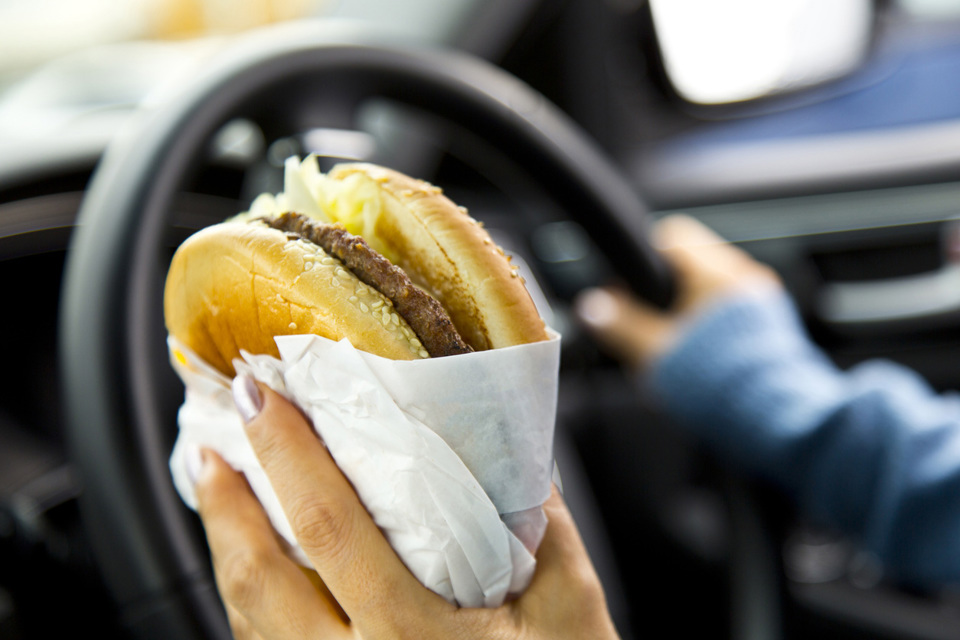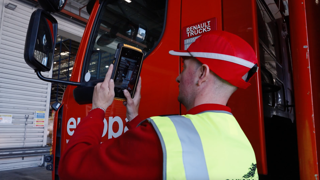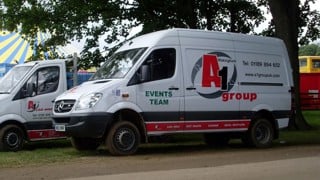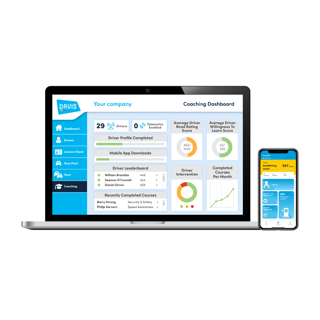Telematics data has identified van drivers leave their engines idling most often when parked in fast food restaurant car parks.
Dubbed ‘McIdling’ by Lightfoot, which identified the issue, drivers could be racking up hundreds of pounds a year in unnecessary fuel bills while they eat.
Lightfoot’s in-cab driver coaching device monitors when vans are idling, and when paired with telematics, can show where too.
It found the place where idling is at its most prevalent is in fast food restaurant car parks over lunchtimes, with plumbers, electricians, couriers and builders leaving their engines running for heating or air con.
According to Lightfoot’s data, a diesel van left running for an hour will use around a litre of fuel – costing approximately £1.25 (excluding VAT), at current pump prices.
If a driver does this every working day (based on 240 working days - five days a week for 48 weeks) to keep heating or air con operating they will use around £300 (excluding VAT) of fuel a year, just while they’re on their lunchbreak.
That’s equivalent to more than 2,000 miles at 35mpg, or around four full tanks of diesel for a medium panel van.
Lightfoot Managing Director Paul Hollick said: “Our data shows that the fast food car park, especially at lunchtime, is a major hotspot for idling. And if it’s not stopped, it could be costing employers thousands of pounds a year while all their drivers to stop and have lunch.
“If a driver sits in their cab eating a Big Mac Meal, and leaves the van idling while they do it, the cost of that lunch goes up from £7.10 to £8.35 with the extra fuel used. That can really add up over the course of the year.”
Lightfoot adds that idling for an hour creates around 2.7kg of CO2 emissions, or 0.6 tonnes per year, based on 240 working days per annum.
A Transport Research Laboratory (TRL) study worked out that if in one day, 50% of all light goods vehicles (LGVs) in London idled at a set of traffic lights for just one minute, nearly 3,000 kg (exact value 2,916 kg) of CO2 would be released.
When combined with London’s car data, TRL found that it would take 66 UK native broadleaf trees 100 years to absorb the CO2 produced each minute.
“We see that businesses are trying really hard to decarbonise, through better driving, better route planning, more efficient vehicles and electrification, yet it can all be wasted by not policing instances of idling such as this,” added Hollick.
The issue of McIdling has been identified during Lightfoot’s ‘blind’ phase in the customer onboarding process.
In this period, Lightfoot devices, installed in vehicles, operate in data collection mode, passively recording insights on driving habits without providing coaching.
This data establishes a baseline for key metrics, such as carbon and NOx emissions, MPG, electric vehicle (EV) range, and fleet safety.
When customers transition to the live phase, the device is activated to provide real-time driver coaching.
“McIdling is one of a number of behaviours that cost money and create pollution that Lightfoot can stop,” said Hollick.
“The fact we can warn drivers about it as they tuck into their Big Mac, Zinger, Whopper, or even Pret baguette, means they can ensure they save as much money as possible.”
























Gilberto - 22/11/2024 13:15
I think thet's one insight I didn't need data for :)